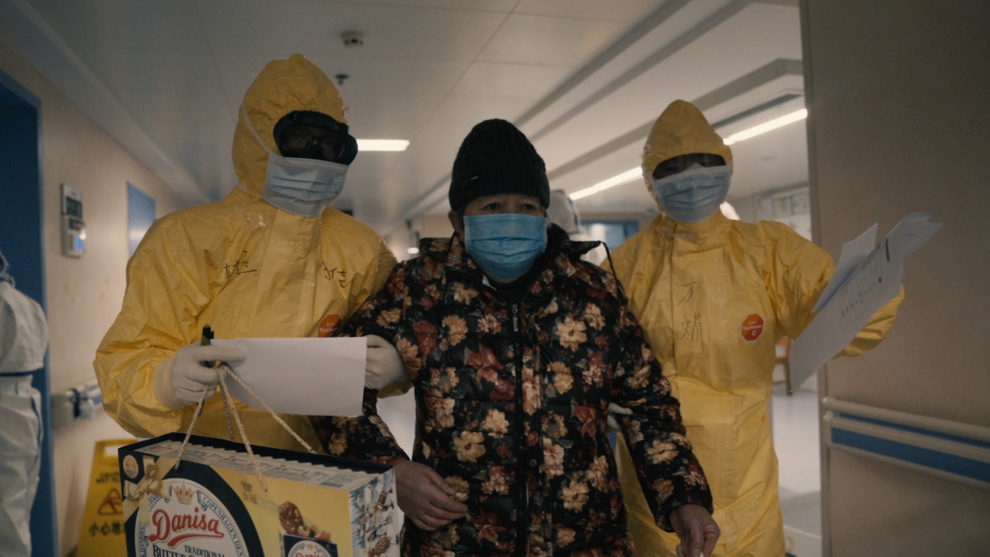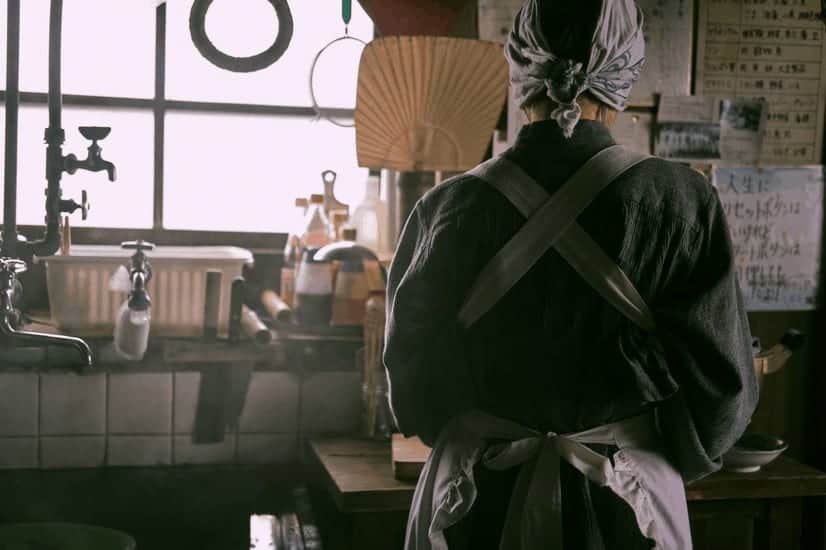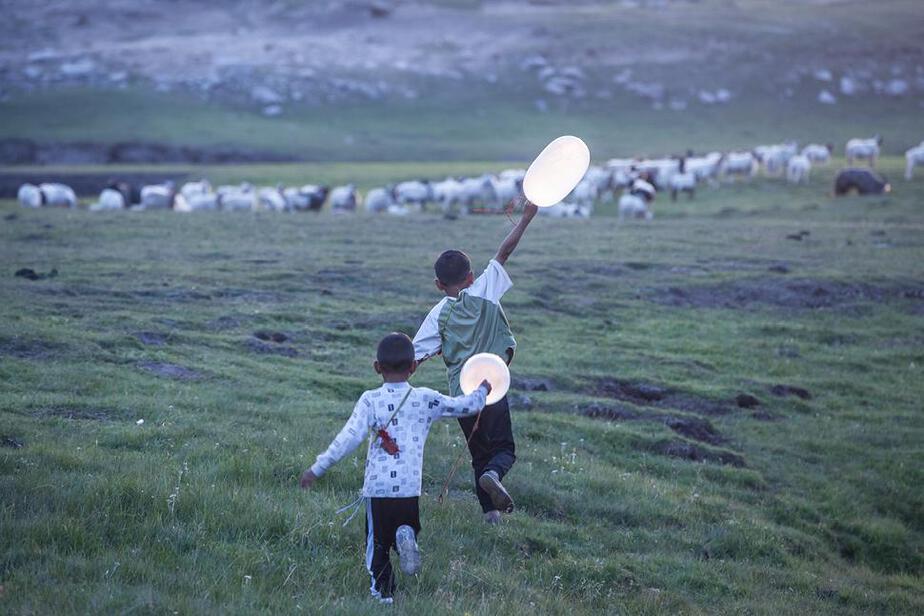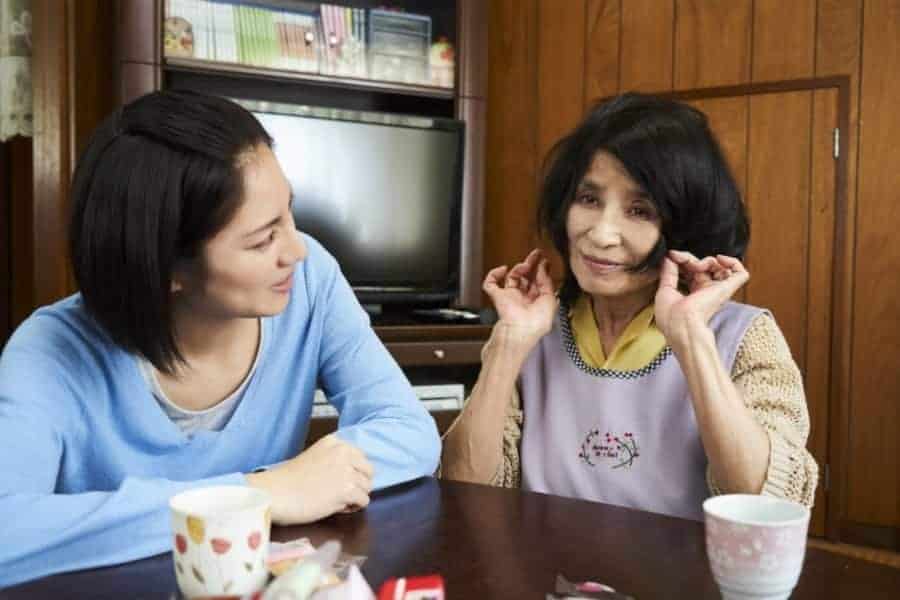As the pandemic is still raging all over the world, a documentary about its very beginning in Wuhan, China, seems timelier than ever. Featuring unprecedented access to the hospitals that first had to deal with the virus on an international level, “76 Days” is one of the most significant documentaries of the year, particularly for the bravery of its directors in their effort to present the truth.
“76 Days” review is part of the Submit Your Film Initiative

From an interview of Hao Wu, featuring in the press notes of the film:
Where and when was the film shot?
Production started in Wuhan in February 2020, soon after the lockdown on Wuhan began, at four different hospitals. It continued through the gradual return of order and ended after the lockdown was officially lifted on April 8.
How did your co-directors get such incredible access?
My two co-directors are reporters who were sent to cover the outbreak in Wuhan. During the lockdown, the Chinese government restricted access to hospitals to only patients, medical professionals and reporters. A few of the hardest-hit hospitals only allowed reporters and filming crews thoroughly vetted by the authorities. But that strict control was not applied uniformly to all hospitals or throughout the entire lockdown period. Early in the lockdown when the situation was dire and chaotic and there was a severe shortage of medical supplies, many hospitals actually welcomed media exposure to help them look for help. Some of the medical teams sent from elsewhere in China to support Wuhan were also open to being filmed, partly due to their desire to have their own images documented in this historical moment.
Why is one of the co-directors credited as Anonymous?
“Anonymous” is a Chinese reporter who is also a first time filmmaker. Due to the sensitivity around any COVID-19 narrative in China, he would like to remain anonymous to avoid attracting attention.
What was it like for your co-directors to film on the frontline?
I have huge admiration for my co-directors who risked their own lives to film in the hospitals, especially when the danger of the coronavirus was little understood in the early days of the Wuhan lockdown. Just like the healthcare workers in this film, my co-directors had to put on heavy Personal Protective Equipment every day, which was very uncomfortable to wear, was hard to breathe in and made them feel sick at times. And once they were in the contamination zone, they had to stay there for hours at a time, with no bathroom breaks, just as the doctors and nurses. Every night after filming they would go through a thorough disinfection ritual and go back to rest alone in hotels reserved for front-line workers. Their existence during the lockdown was an exhausting one, both physically and emotionally.
In this rather intense setting, begins an extremely fervent documentary, starting with the first victims of the virus swarming the hospitals in Wuhan, while the doctors and the rest of the nurse and healthcare workers tried desperately to treat the patients already there, and to control the swarms of people waiting outside, literally threatening to break down the doors.
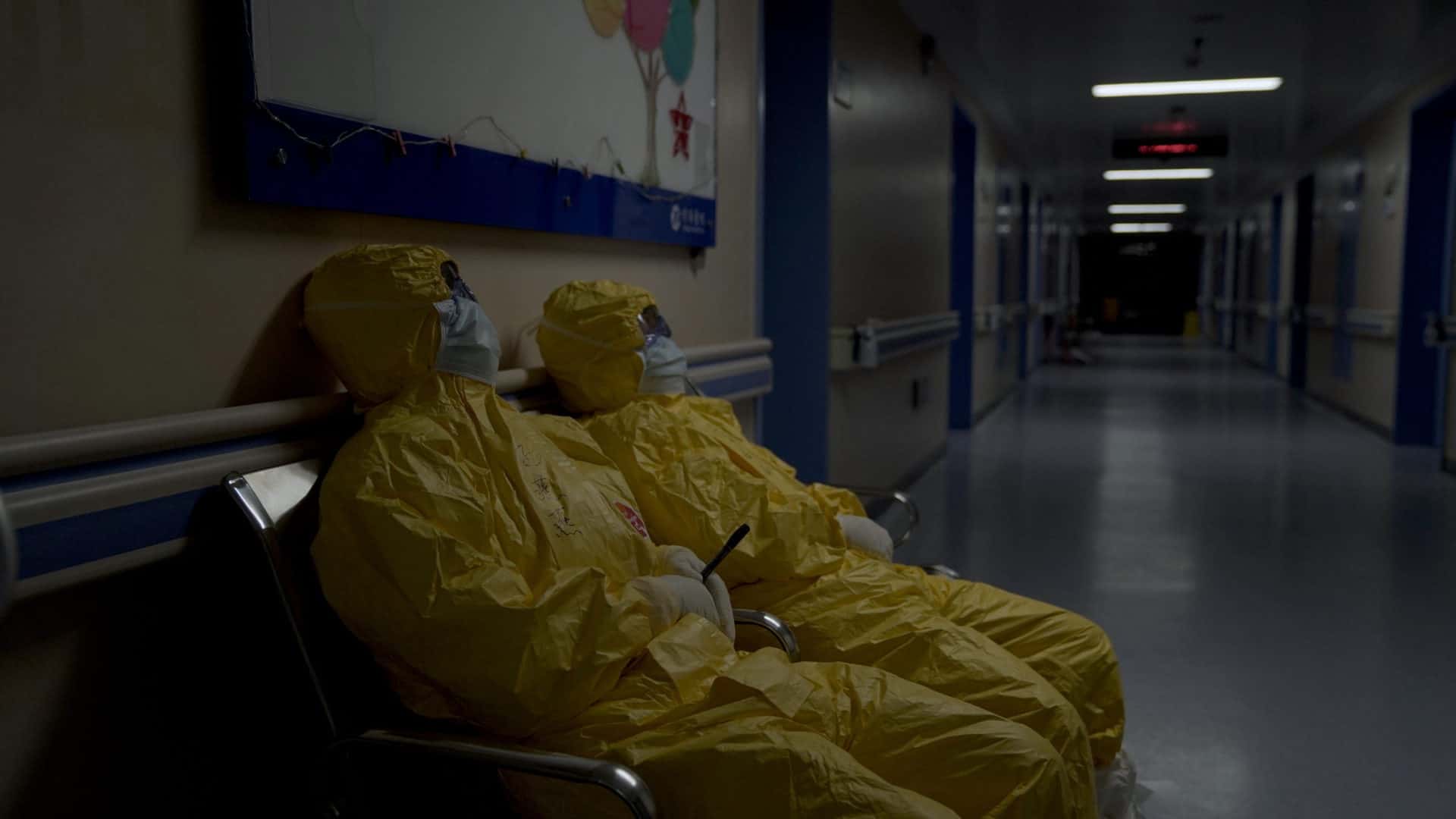
Inevitably, the focus is placed on the people who work at the hospitals and particularly the exhaustion they felt, as they were working non-stop, against a number of enemies: the virus, time, and most of all, lack of reason from almost every side. As we watch them trying desperately to save their patients constantly wearing hazmat suits with their names written on them with markers, their heroism seems to fill every part of the screen.
Soon, the focus widens, and a number of patients come to the fore. The old man with dementia who always tries to escape, a number of other elderly patients who want to leave the hospital, since they do not exhibit any symptoms, and a pregnant women who is sent home immediately after giving birth, for quarantine measures, are also part of a narrative that is truly shocking.
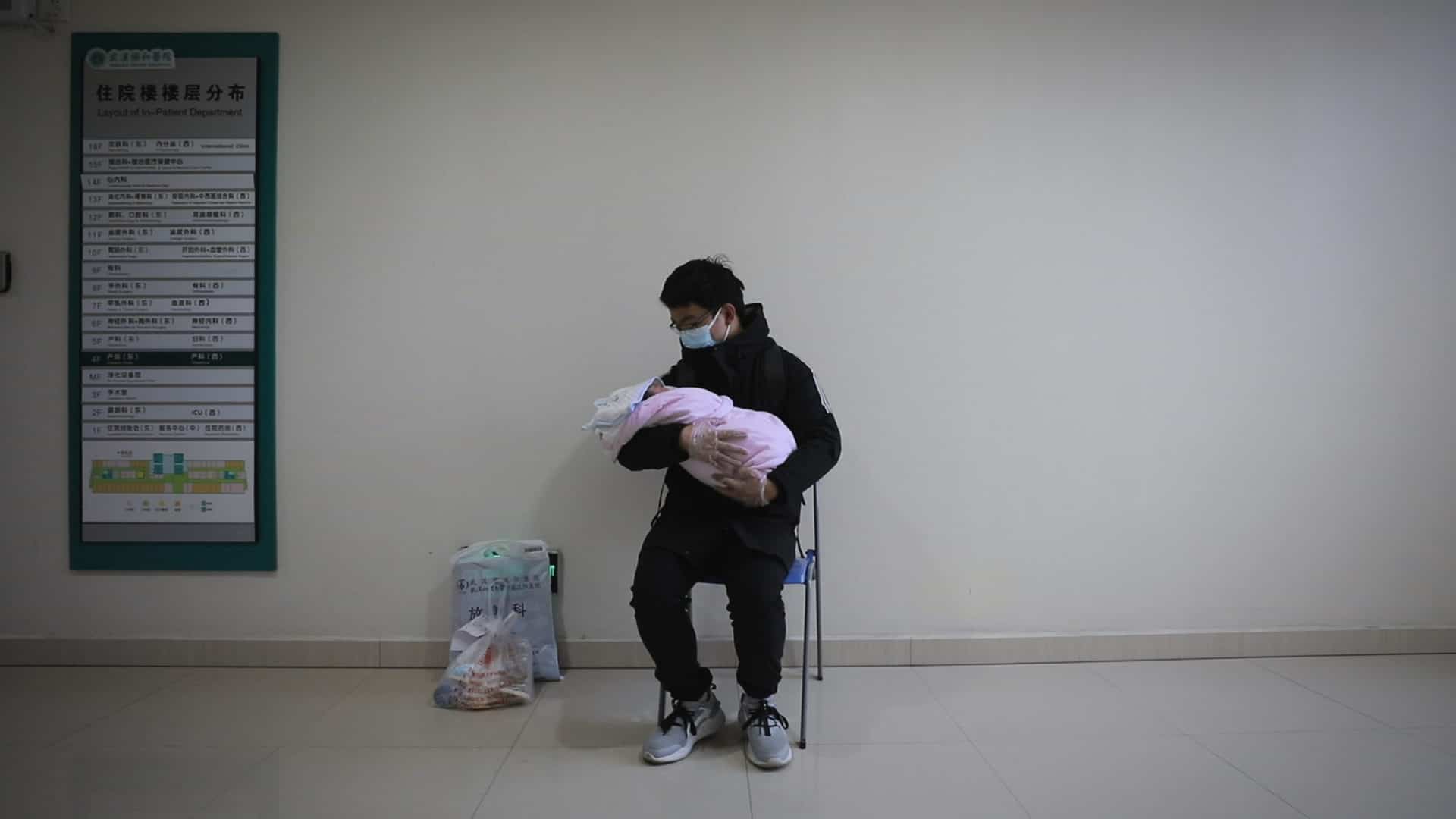
Amidst all the chaos, the efforts of the hospital workers to cheer, empathize and support in any way possible also comes in focus, through small gestures that highlight their humanity. The scene with the ICU, where the doctor is calling the relatives of the people who have just died is as realistic as it is touching, particularly in the few sequences where the crying relatives meet the doctors outside of the hospital to receive the belongings of the deceased.
A significant part of the documentary focuses on the people experiencing the quarantine out of the hospital and the way food distribution functioned, while the empty streets give the movie an almost dystopian hypostasis.
Lastly, the sirens heard all over the city as a “tribute” to the deceased, close the film with a rather ironic note regarding a government that quarantined people as much as information during the pandemic.
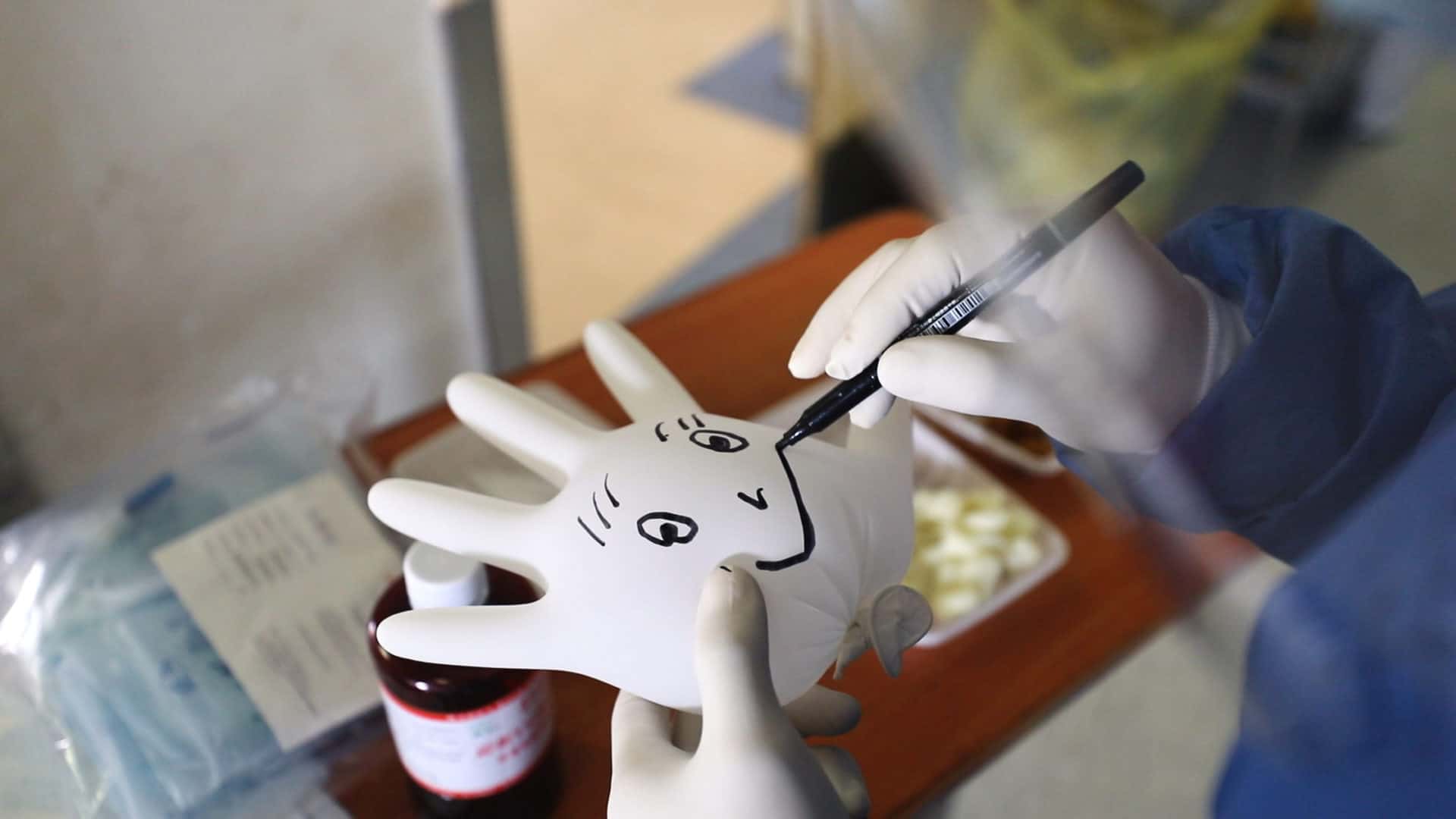
Apart from the impressive shots inside and outside the hospitals, of equal excellence is the editing in the movie, which communicates the frantic situation as eloquently as possible, through a pace that tries to match the speed of the hospital workers. At the same time, the fact that the filmmakers also manage to emit a sense of optimism and hopefulness through such events, seems like one of the biggest traits of the production.
“76 Days” is an impressive movie that ticks all the boxes that make a film and particularly a documentary, great.


